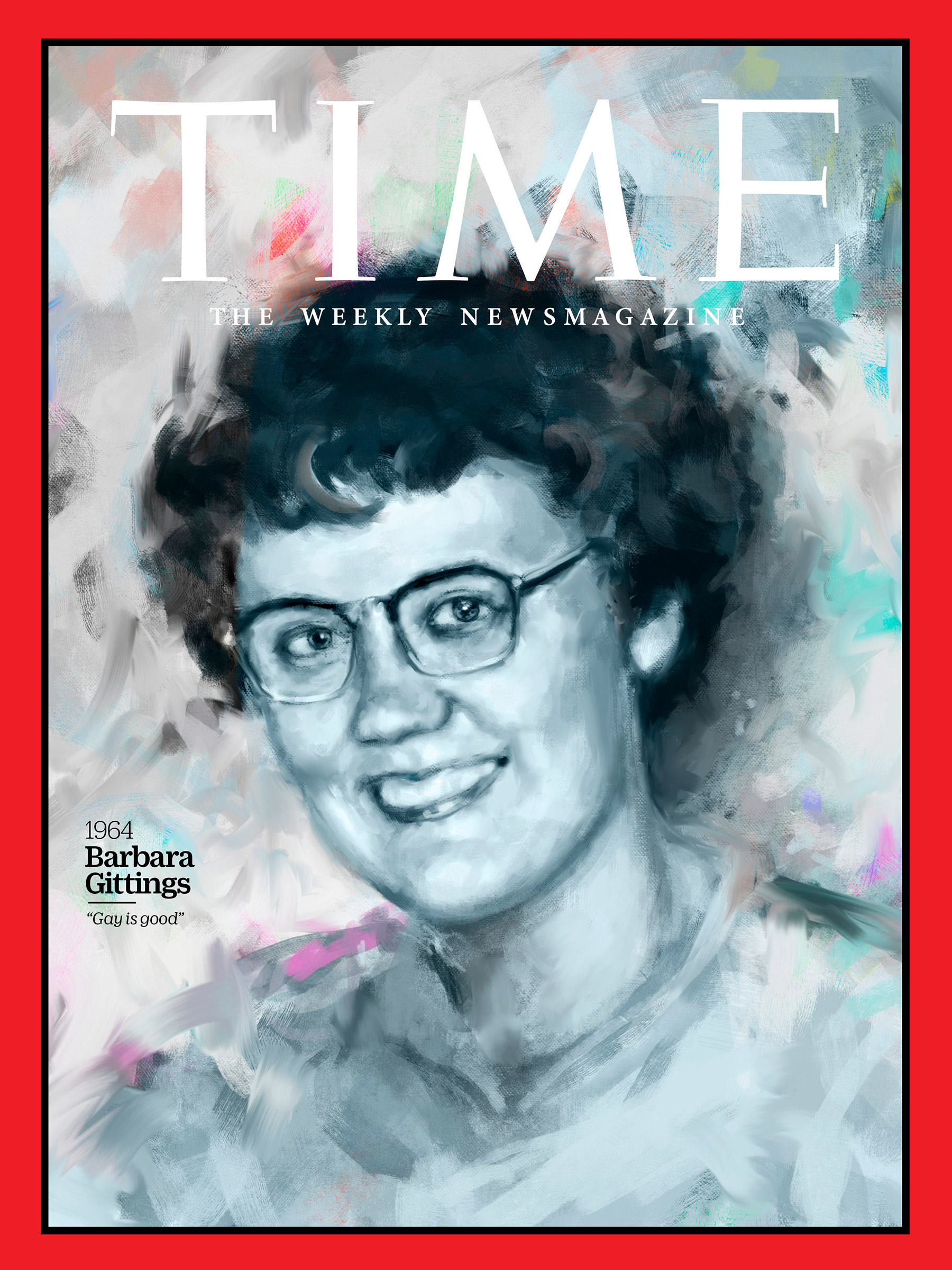The Stonewall riots have become the focal point of the modern LGBTQ-rights movement, but they didn’t start it. The groundwork was laid in the previous decade by activists like Barbara Gittings, who understood that before marginalized people can prevail, they must understand that they are worthy and that they are not alone.
In an era when it was dangerous to be out, Gittings edited the Ladder, a periodical published by the nation’s first known lesbian-rights organization, the Daughters of Bilitis, creating a sense of national identity and providing a platform for resistance. In the August 1964 issue, her editorial blasted a medical report that described homosexuality as a disease, writing that it treated lesbians like her more as “curious specimens” than as humans.
Gittings would go on to be instrumental in getting the American Psychiatric Association to stop classifying homosexuality as a mental illness and in getting libraries to carry gay literature. Whether she was wielding a pen or a protest sign, the militant advocate had a simple message: when society said that being gay was an abomination, Gittings said that gay was good. —Katy Steinmetz
This article is part of 100 Women of the Year, TIME’s list of the most influential women of the past century. Read more about the project, explore the 100 covers and sign up for our Inside TIME newsletter for more.
